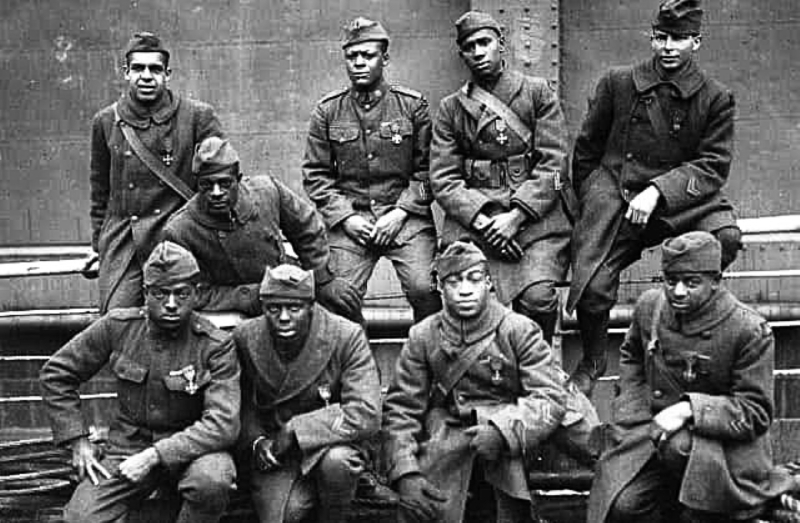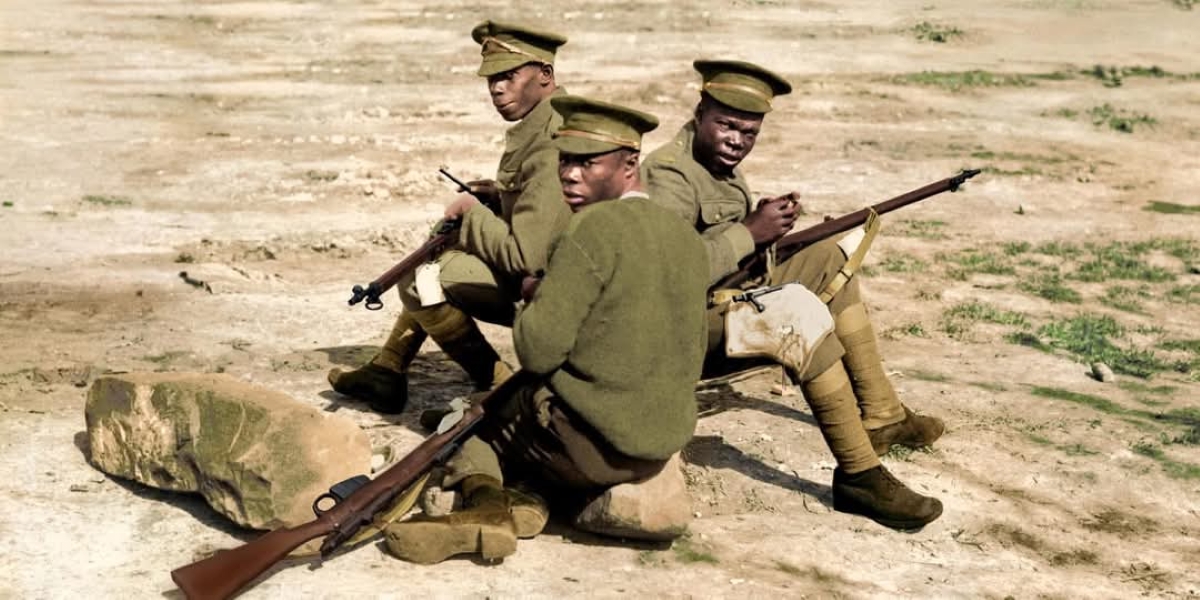Africans’ roles in World War II and how they suffered from discrimination on battlefield
The was not theirs, but Africans fought all the same. They also endured paid, suffering and discrimination from the same people they were sent to help.
As the international community commemorates the 80th anniversary of the Allied powers’ triumph and the end of World War II in Europe, the role which Africans played during the battle seems to be downplayed.
Africans played a significant part in World War II, particularly in contributing to the British Empire’s war effort.
Here is how the continent helped the allied forces to attain victory. To start with let us look at the number of African soldiers who were recruited to fight on the frontlines.
More than one million Africans served in various capacities during the Second World War, primarily in the British, French, and Belgian colonial armies.
The British West African Frontier Force (BWAF) and the King’s African Rifles (KAR) were key formations.
Soldiers from West Africa were taken from Nigeria, Ghana (then known as Gold Coast), Sierra Leone, and The Gambia.
The fighting troops from East Africa were recruited from Kenya, Uganda and Tanzania (then known as Tanganyika), as well as Malawi, which was used to be known as Nyasaland.
Southern African soldiers mainly came from South Africa, though racial segregation policies limited their roles in WWII.

African troops fought in several major campaigns:
The East African Campaign (1940–41) was pitted against Italian forces in Ethiopia and Somalia.
The North African Campaign was Supporting British forces against the Axis powers in Libya and Egypt.
The Burma Campaign (1944–45), involved African troops, especially from West Africa, fighting in harsh jungle conditions against the Japanese.
Many Africans served as infantry, porters, drivers, engineers, and medical orderlies.
They often worked under harsh conditions and received lower pay and fewer rights than their white counterparts, despite doing similar work.
Then there was the Post-war political consciousness which resulted from the service and the discrimination they faced contributed to growing demands for independence and equality.
There was also the issue of neglected recognition, on that, African veterans were often overlooked in post-war commemorations and denied pensions or benefits equal to white soldiers.

